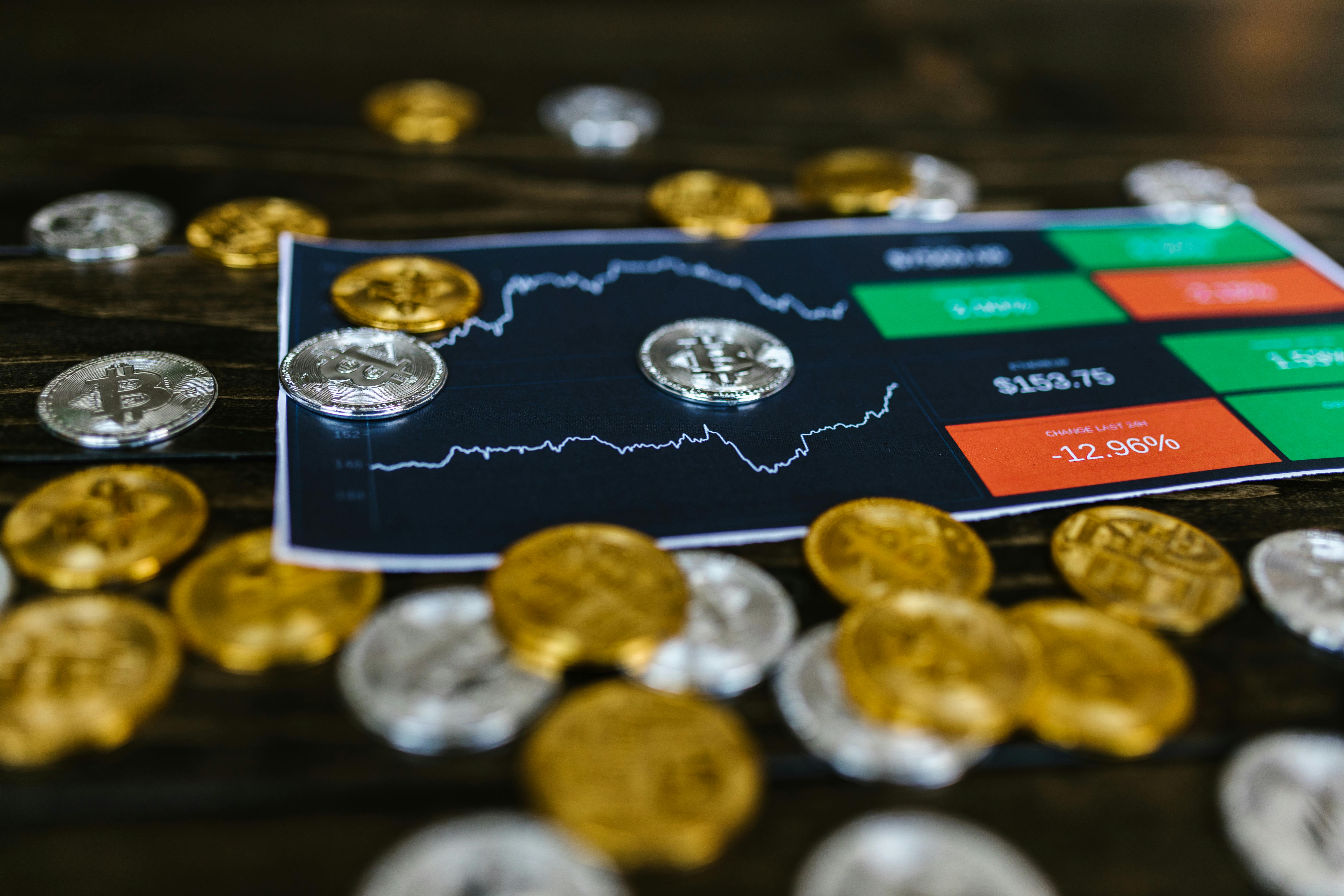
Tokenization Standards and Protocols: Navigating the Blockchain Landscape of Real-World Assets
Tokenization Standards and Protocols: A Deep Dive into Digital Asset Representation
The Evolution of Tokenization in Modern Financial Systems
Tokenization represents a revolutionary approach to digitizing and fractionalizing real-world assets through blockchain technology, enabling unprecedented levels of liquidity, transparency, and accessibility in financial markets. As global regulatory frameworks continue to mature, tokenization has emerged as a critical mechanism for transforming traditional asset ownership and investment paradigms.
Key Tokenization Standards and Their Global Implications
ERC-20 Token Standard
The ERC-20 standard, developed on the Ethereum blockchain, remains the foundational protocol for fungible token creation. This standard defines a comprehensive set of rules enabling developers to create tokens with consistent interaction mechanisms across decentralized platforms. By providing a standardized framework, ERC-20 has facilitated unprecedented interoperability and simplified token development processes.
Security Token Standards: Regulatory Compliance and Investor Protection
Advanced tokenization protocols like ERC-1400 and ST-20 have introduced sophisticated compliance mechanisms directly into token smart contracts. These standards incorporate complex regulatory requirements, enabling automatic enforcement of transfer restrictions, investor accreditation checks, and jurisdiction-specific compliance protocols.
Top Tokenization Protocols and Platforms
| Protocol | Primary Focus | Jurisdictional Compliance |
|---|---|---|
| Polymesh | Security Tokens | Multi-Jurisdictional |
| Securitize | Digital Securities | US, EU Regulations |
| Harbor | Regulated Assets | US Accredited Investors |
| Tokensoft | Institutional Tokenization | Global Compliance |
Regulatory Landscape Across Different Jurisdictions
Tokenization standards vary significantly across global jurisdictions. In the United States, the Securities and Exchange Commission (SEC) maintains stringent requirements for digital securities, emphasizing investor protection and transparent disclosure. Conversely, jurisdictions like the Cayman Islands and British Virgin Islands offer more flexible regulatory environments, attracting innovative tokenization projects.
Technological Frameworks and Infrastructure
Modern tokenization requires robust technological infrastructure integrating blockchain protocols, smart contract development, and comprehensive compliance mechanisms. Advanced platforms now incorporate multi-signature wallets, decentralized identity verification, and real-time regulatory reporting to ensure seamless asset digitization.
Market Trends and Future Projections
According to a 2023 report by Deloitte, the global tokenization market is projected to reach $5.6 trillion by 2026, with significant growth anticipated in real estate, private equity, and alternative investment sectors. This exponential expansion reflects increasing institutional and retail investor interest in blockchain-based asset representation.
Technical Challenges and Innovations
Tokenization protocols continuously evolve to address complex technical challenges including cross-chain interoperability, scalability, and advanced cryptographic security. Emerging technologies like zero-knowledge proofs and layer-2 scaling solutions are progressively enhancing the efficiency and privacy of tokenized asset transactions.
RWA.codes: Empowering Digital Asset Transformation
At RWA.codes, we specialize in providing comprehensive tokenization solutions that bridge technological innovation with rigorous legal compliance. Our expert team develops custom blockchain protocols, conducts thorough regulatory assessments, and designs secure token infrastructure tailored to your specific asset tokenization requirements.